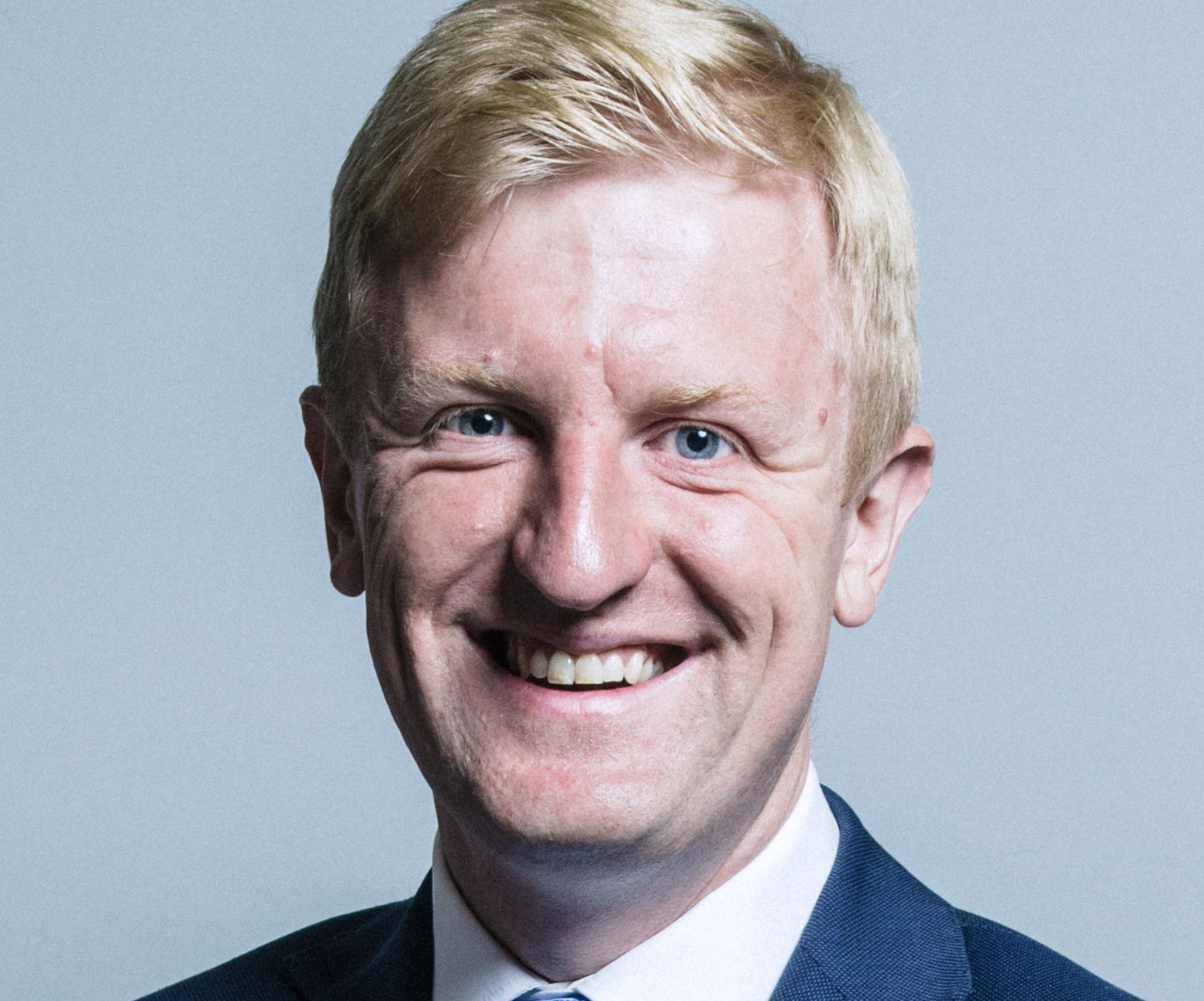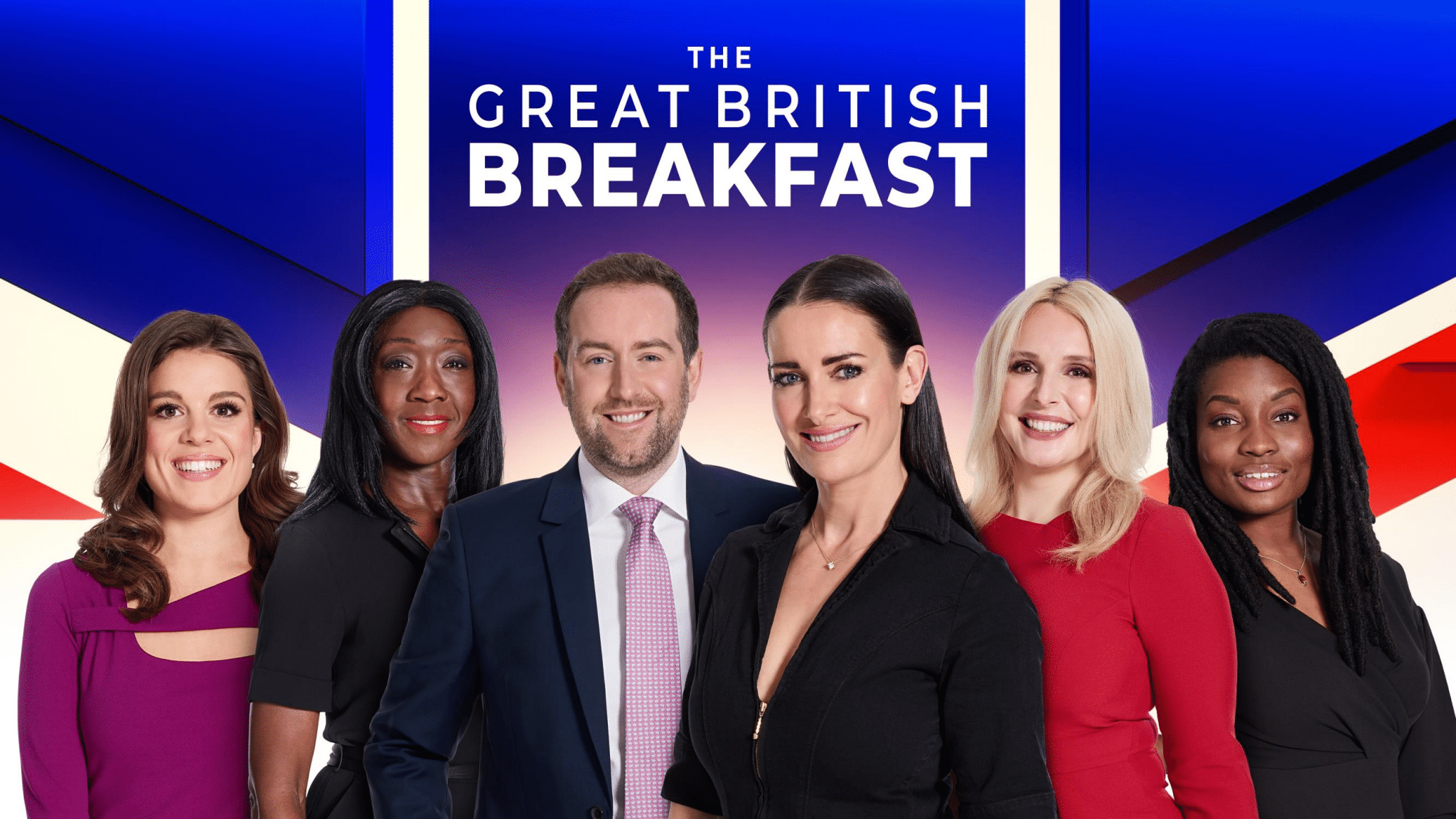
After more than 40 years of operation, DTVE is closing its doors and our website will no longer be updated daily. Thank you for all of your support.
Any UK regulation on streaming must serve the industry and not stray into spite

Culture secretary Oliver Dowden
Streaming services on both sides of the channel were hit this week with news that they will be subject to tighter rules and regulations.
In the UK, the government has confirmed that it will look to explore regulation for streaming services that would make them face the same rules as traditional broadcasters. Given the vocal animosity from certain quarters of the Conservative party to Netflix over its portrayal of the royal family in The Crown, it appears to be a matter of when, not if, such rules will be implemented.
Asides from disputes about depictions of multi-millionaire royals, there has been a general question of why streamers are not held to the same standards as traditional broadcasters.
The overriding sentiment is that the existing rules, to quote a source cited by The Telegraph “were written for an analogue age” and “are not fit for purpose in an era of smart TVs, streaming and on-demand programming.”
This was the sentiment of culture secretary Oliver Dowden who, announcing the review, said: “We need to level the playing field and address one blatant disparity forcing traditional broadcasters to compete with one hand tied behind their backs.”
Meanwhile in France, the government has announced a more practical approach to support local productions. A new decree published in the Journal Officiel has stated that on-demand service providers must devote 25% of their annual revenue if they air at least one long-form cinematic work a year within 12 months of its theatrical release in France.
Services that do not show movies under 12 months after their theatrical release will be obliged to allocate 20% of their revenue to European works.
This is a more defined approach (albeit one that has come after a review into streaming in the country) and while it is not without its share of controversy, the UK government should take note that any regulations introduced should be done so to explicitly support the industry rather than to specifically hamstring its biggest players.
The UK government’s complicated relationships with PSBs
“You might assume the same is true of video-on-demand services like Amazon Prime and Disney+. You’d be wrong,” UK culture secretary Dowden stated of the broadcasting rules that are in place. “Of course, some have done an admirable job of introducing their own procedures – such as Netflix’s voluntary age ratings partnership with the BBFC. But this is all on an ad-hoc and inconsistent basis.”
The British government is set to explore whether to make content available on SVODs subject to the same ‘broadcasting code’ from media regulator Ofcom that the BBC, Sky, ITV and others face.
While there is no doubt that there exists a “gap in regulation between video-on-demand services” and the UK’s traditional players, how that is solved is easier said than done.
The minister has pointed its reasoning towards levelling the playing field for those traditional players and public service broadcasters, but to say that this government has always acted in the interests of the UK’s PSBs would come across as somewhat disingenuous.
In fact, in the same week that it argued that regulating streaming services would better serve PSBs, the government announced a review into privatising Channel 4. While it has said that privatising the broadcaster “could help secure its future,” critics have argued that this reasoning is ‘flimsy’ and that Channel 4’s boundary-pushing content like the celebrated It’s A Sin “wouldn’t survive a sell-off”.
Similarly, one of Boris Johnson’s first acts as prime minister of the UK in 2019 was not to address economic disparity or the climate crisis, but to launch a review into decriminilising non-payment of the licence fee. (That review ended up being shelved in early 2021 as reforming the licence fee spent most of 2020 taking a backseat to the Covid-19 pandemic and ongoing Brexit drama.)
While the BBC under director-general Tim Davie has shown a willingness to restructure and has even caved in to political pressure to enforce impartiality into its staffs’ personal lives, the licence fee has been one thing that the broadcaster has not budged on.
The BBC has explicitly stated opposition to licence fee reform, and earlier this year published its Value for Audiences report which stated: “If one was to purchase the range of media offered through the licence fee, then a bundle of subscriptions providing advertising-free high-quality services comparable with those delivered by BBC across video, audio and news would cost £453.45 per year in comparison with the current licence fee of £157.50.”

GB News has been plagued by issues since launch, while viewers have lampooned it with comedy names and, in one case, a naked reflection in a mirror
The conflict between the broadcaster and the government has arguably been exacerbated in recent times by the high-profile launch of right-wing news network GB News. While the network has largely been derided as a joke as a result of its technical gaffs and the pranks pulled on it by viewers, that GB News – a broadcaster which explicitly has stated that the news service provided by PSBs is inadequate – secured chancellor Rishi Sunak as one of its first major guests shows that the government is not inherently opposed to this anti-BBC messaging.
Things however are rarely so black-and-white, and it would be overly reductive to argue that every move that the government makes in relation to TV is inherently anti-BBC. But at the same time, arguing that regulating Netflix et. al. is solely motivated by a desire to help PSBs is somewhat hollow given its track record since 2019.
Similarly, claiming that the government’s plans to regulate streamers comes off the back of Netflix’s refusal to add a health warning to The Crown would paint it as something of a cartoon villain. The UK’s government is not, it should be noted, going as far as India, which has imposed a strict curb on ‘politically unacceptable’ content and even called on police to investigate Netflix’s Bombay Begums.
The French government’s new rules on streaming have raised flags from the European Commission, but a case could be made that these regulations serve to help the overall industry. Should the UK government’s review conclude that regulations on streaming is necessary, it must clearly outline the benefit of such regulations and how they can help broadcasters and producers.
If regulations are imposed on streaming services simply because the government is politically opposed to the content they house, then further controversies around free speech will emerge.



